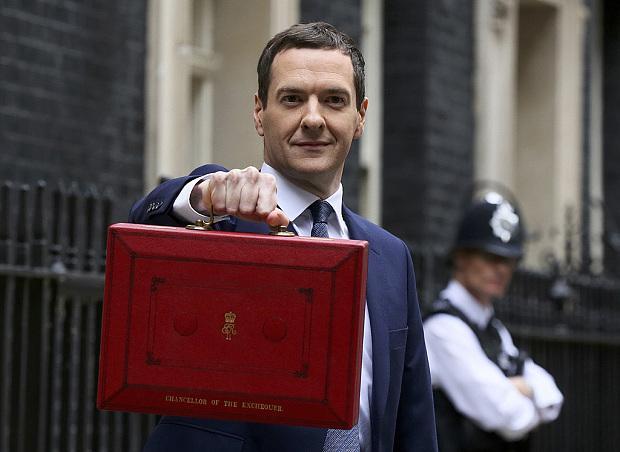Farewell to George Osborne, Cameron's Bullingdon buddy who tried to tell us we were all in it together
His was a genuine partnership with Cameron, but his demise at the hands of Theresa May comes in part because he made too many mistakes


George Osborne was overcome by modesty as he left the Treasury, saying: “It’s been a privilege to be Chancellor these last six years. Others will judge; I hope I’ve left the economy in a better state than I found it.”
Others did indeed rush to judge – and the verdict was mixed, tending to the uncomplimentary. He was much admired by the civil servants and advisers who worked for him, and by David Cameron, who thought that his was the best mind in politics apart from his own.
They didn’t always agree. Osborne had his reservations about the promise of the European referendum, a promise that eventually brought down the whole Notting Hill set of friends and political allies: Cameron, Osborne and Michael Gove.
Plainly, Osborne was unsure that his career too was over after the referendum result, staying on to see what happened. He knew he would have to leave the Treasury, but seemed to think he might go to the Foreign Office. He held back from early support for Theresa May – although an insincere endorsement probably wouldn’t have saved him from her need to present herself as a clean break – and on Wednesday he went to the backbenches.
His was a genuine partnership with Cameron. The big lesson that he learned from the Blair-Brown era was the importance of the top two people working together. Remember that his first job at the Conservative Research Department was to attend the 1994 Labour Party conference as an observer: it was Tony Blair’s first as leader. Osborne also thought that the Treasury was the surest route to the top and that Gordon Brown would have become Prime Minister sooner if he had been supportive of Tony Blair. But his strategy of staying close to Cameron turned out not to be the passport to the succession.
Partly, it was because he made too many mistakes. The biggest was possibly that he allowed the Government to be associated with the word “austerity”, but this was multiplied by the decision in 2012 to cut the top rate of income tax. That trashed what was always going to be a hard sell for two Bullingdon boys: their pitch that we were “all in it together”.
The fairest immediate assessment is from Chris Giles, Economics Editor of the Financial Times, who says he would be “remembered as a chancellor who, inheriting a UK economy only just emerging from the global financial crisis, applied further spending cuts and sought to balance the books quickly”. Giles tactfully leaves open the important question of whether such stringency was excessive, and whether it caused the recovery to stall. Rupert Harrison, the Chancellor’s main adviser until last year, defends his boss, saying the “rhetoric of cuts was always worse than the reality”.
Even so, most economists think that Osborne overdid it, and he was forced to ease off in 2012. Thus he ended up cutting public borrowing in little more than half, when his very well-known objective had been to eliminate it altogether.
He did good things, making economic forecasting independent under the Office for Budget Responsibility, and freeing pensions from rules trapping people in poor-value annuities.
But after last year’s election he continued to make mistakes, reinforcing his deficit target error by insisting on a plan for a budget surplus by 2020 – a target most economists thought was foolish. That meant deep cuts in tax credits for the working poor. The cuts were stalled by a defeat in the House of Lords, but were still pencilled in for the rest of this parliamentary term. Now Philip Hammond can scrap them altogether.
Osborne fought a disciplined referendum campaign, successfully driving home the economic risk of Brexit, although that wasn’t enough in the end, and the threat of a “Brexit emergency Budget” was ill-judged because it was so transparently a scare tactic.
Now it has all gone. The imperial Treasury has been curbed. Osborne’s team of 10 special advisers, an alternative court in the style of Gordon Brown, has been broken up. His retinue of cultivated support among Tory MPs has vanished like iron filings attracted to the new pole of power.
The only discordant note in the sudden end of his brilliant career came from the other side. A source speaking for Theresa May told journalists that Osborne did not resign, “he was sacked”. It was a gratuitous note of vindictiveness: May offers to pursue the same One Nation aims that the Notting Hill set offered, but to ditch the “posh boys” and to deliver it more competently.
Join our commenting forum
Join thought-provoking conversations, follow other Independent readers and see their replies
Comments